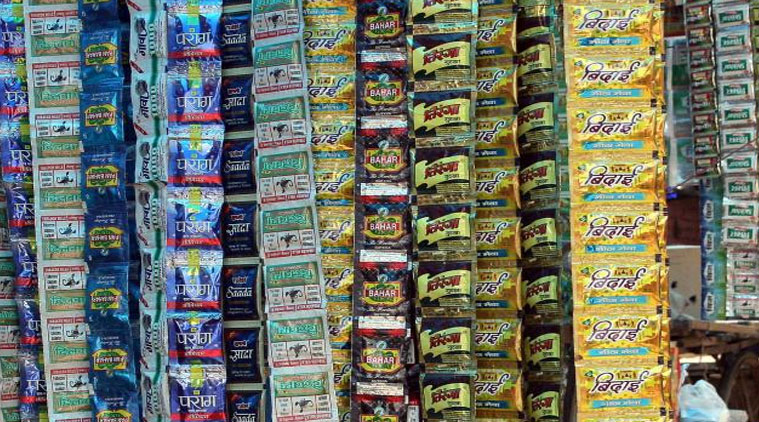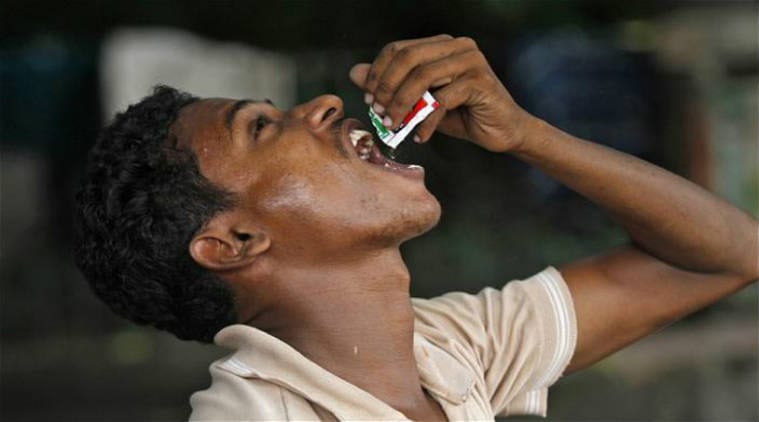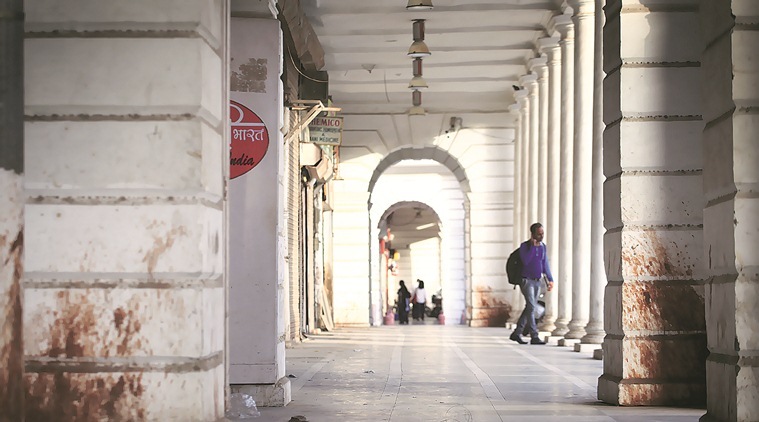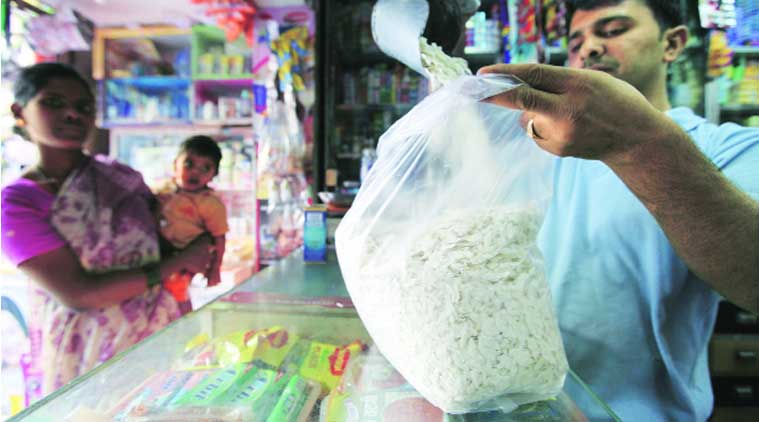These five things and Swacch Bharat just don’t go together
The Narendra Modi-led government must ban gutka, chewing tobacco, public spitting among others to complete its Swacch Bharat Mission by 2019.
 As the country celebrates the anniversary of the ‘Swacch Bharat’ campaign, here is a list of things that have to be banned if the country is to be cleaned
As the country celebrates the anniversary of the ‘Swacch Bharat’ campaign, here is a list of things that have to be banned if the country is to be cleaned
Prime Minister Narendra Modi’s Swachh Bharat Abhiyan completes a year today and there is still a long way to go for the government to accomplish its goals for October 2, 2019. Given that the mission has drawn flak for its lack of quantitative evidence on its progress, we believe its success will depend to a large extent on how we tackle some articles of “mass litter” that are a menace across the country. Here is our list of things that truly deserve to be banned.
1) Gutka
 Despite the ban on sale of Gutka in the capital, it continues to sell
Despite the ban on sale of Gutka in the capital, it continues to sell
On Indian roads, there is no way you can miss the abundance of gutka wrappers. It is almost as if they are a piece of some traditional mosaic baked into the asphalt by the harsh Indian sun. This inexpensive mix of arecanut, slaked lime, paraffin, katechu and tobacco is consumed by a large population in the country, thus inviting the scourge of cancer. It’s not only the most harmful form of tobacco, it is also maybe the biggest cause of litter across most parts of the country. Though, its sale and purchase is banned in the capital region and other states, it is still not helping the cause.
2) Chewing tobacco
 Chewing tobacco is a common phenomenon in India
Chewing tobacco is a common phenomenon in India
Nearly 26 per cent of Indians consume smokeless tobacco, says the World Health Organization Global Adult Tobacco Survey as if cigarettes weren’t troublesome enough! Many people buy “khaini” and then spit anywhere and everywhere, not caring for public spaces or freshly painted walls. The government has been planning to ban the sale of chewing tobacco for health reasons, but maybe banning it for being a public nuisance might be easier.
3) Paan spit
 Red stained walls in Delhi’s Connaught Place
Red stained walls in Delhi’s Connaught Place
The red stains of paan are almost like some war paint that any structure in India is supposed to showcase. The sight is so common that buildings that don’t have this blemish sort of stick out, thus attracting the attention of those ready to regurgitate some fresh red effluents from their mouth. The Maharashtra government this June decided to impose stricter punishments on people spitting in public and other governments have tried similar action before, but who who cares? It is high time the government ups its game and seals those lips for ever.
4) Construction debris
 Debris on roads often cause serious traffic problems. Courtesy: Reuters
Debris on roads often cause serious traffic problems. Courtesy: Reuters
How many of you have seen rubble, concrete, bricks, wood etc outside your home or office building? Well, the impunity with which we dump debris in public spaces comes from a lack of civic sense and responsibility. One of the main reasons for traffic congestion on our already strained road, it is high time the Environment Ministry’s proposed draft “Construction and Demolition Waste Management Rules 2015” became a law.
5) Plastic packets
 Local vendors still use plastic bags for parcel
Local vendors still use plastic bags for parcel
Environmentalists all over the world have been struggling littering of plastic bags, but the fight doesn’t seem to end. In India, it has been a banned more than once, but with enforcement still lackadaisical, they continue to choke drains and bovine digestive systems. Though, still one of the more successful environmental initiatives in the country, many grocery shops have accepted the rules and push for people to bring their own bags or take away stuff in paper bags.
Apart from these must-bans, there are a number of items that contribute to India’s litter woes. We are so comfortable with littering that it is almost second nature to us, a reflex action in many cases. For instance, throwing cigarette butts on the road or a street or out of the window is the norm, as is abandoning liquor bottles after a “car-o-bar” session on the roadside. Even an event to espouse the virtues of the PM’s Swachh Bharat Abhiyaan will sadly leave a residue of paper cups and plates, even if there is a dustbin nearby. Yes, the government must take decisive steps for the success of this national mission, but then the government is only as good as its citizens.































